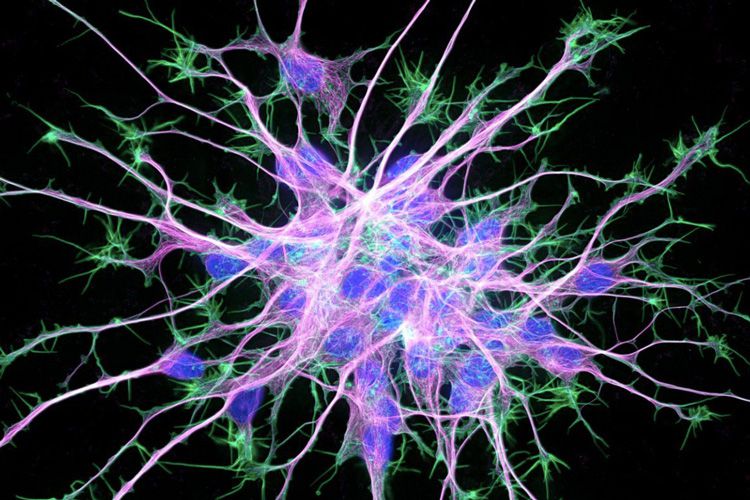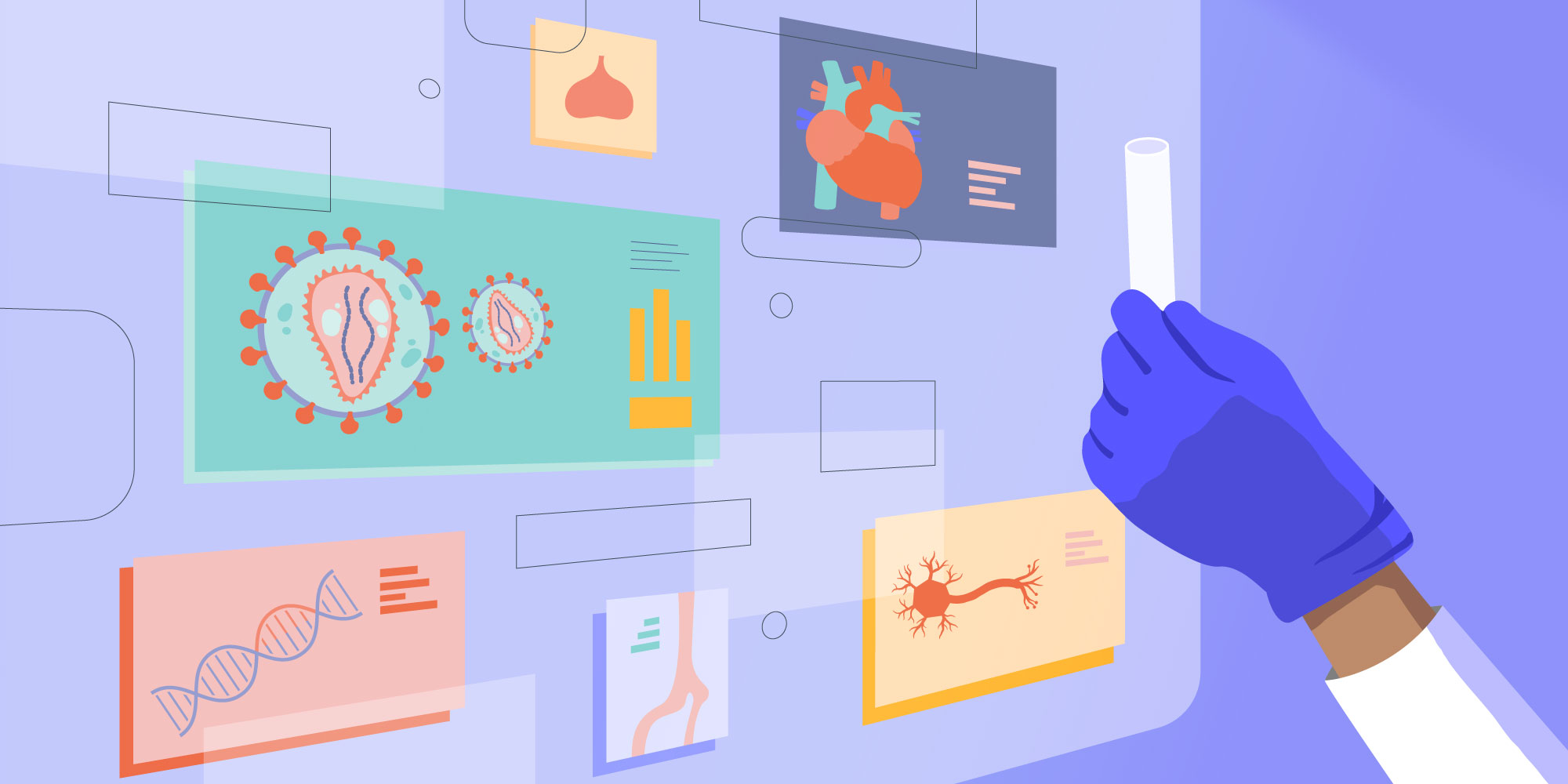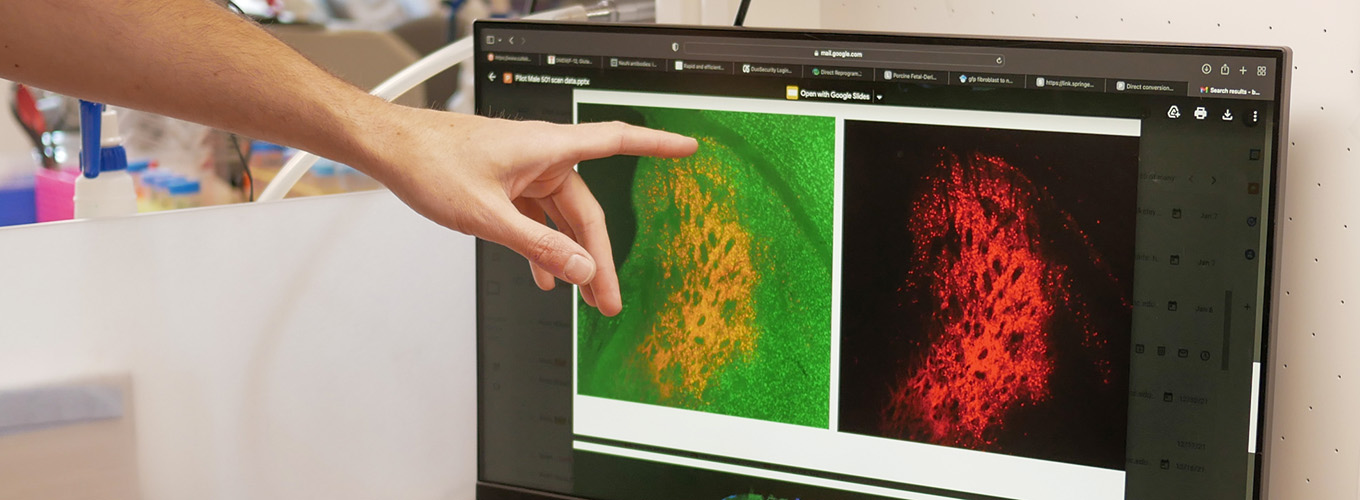
Engineering Cas9 for Editing the Brain

In a new paper in Nature Communications, IGI postdoc Kai Chen and colleagues in the Doudna lab made advances in genome editing in the mouse brain. Their goal was to engineer a Cas9 protein that can be delivered directly to the brain without having to be packaged into a virus or lipid nanoparticle — in other words, a Cas9 protein that is engineered for self delivery.
To meet this goal, Chen and the Doudna lab team screened small cell-penetrating peptides of about 20 amino acids each in brain stem cells from mice. After further engineering the top candidate, they were able to get dramatically improved editing efficiency in the mouse striatum. This brain region is key for a number of neurodegenerative disorders, including Parkinson’s disease and Huntington’s disease. Read the paper here.
And stay tuned! Moving forward, the team is continuing to expand RNP delivery and gene editing with different tissue targets in collaboration with the Murthy lab.
You may also be interested in

CRISPR Clinical Trials: A 2023 Update

Innovative Genomics Institute and Danaher Join Forces to Accelerate and Scale Up the Development of CRISPR Cures

CRISPR-Powered ‘Cancer Shredding’ Technique Opens New Possibility for Treating Most Common and Deadly Brain Cancer

 By
Hope Henderson
By
Hope Henderson